You Must Not Steal E-Books
“All my books have been widely pirated,” says a fantasy author friend of mine, R. J. Anderson.
Another friend asked how she knew this. Anderson continued:
Every time I google any of my book titles, I get a slew of links to pirate e-book sites. I also see forums where my books are being requested for download and those requests are being answered by other users who send links to them via DM. And that’s just the surface; there are way more sites that fly under the radar. Only a couple months ago I had to ask a Wattpad-type writing site to stop one of its users from uploading the entire text of [my book] to her account at the rate of one chapter a week — as though her acknowledgment in the author’s note that “I didn’t write this, I just liked the story” made it somehow legal or OK. By the time I came across it, she’d uploaded eight chapters.1
She also shared a screenshot from author Rachel Caine, who said in this tweet:
My series books are *heavily* pirated. Real talk: Ink & Bone sold 47k copies. It’s been downloaded from *just 1* pirate site 101k times. Book 2 sold half as much but was downloaded more. By book 4 only 7k copies sold, many times that downloaded. It’s unsustainable. https://t.co/8xs8nkCwJ4
— Rachel Caine says READ WOLFHUNTER RIVER! (@rachelcaine) March 31, 2019
Needless to say—no, apparently very needful after all—this is wrong. God’s word says:
You must not steal.2
In response, I keep seeing all these excuses from e-book thieves eager to justify their violation of God’s law.3
Special pleading
But at least that way authors get more readers!
You must not steal.
Oh, but some people simply don’t have access to the e-book in their country.
You must not steal.
If I give the author credit, then that makes it okay.
You must not steal.
You’re being greedy. Everybody should share in culture.
You must not steal.
Think of the exposure—
You must not steal.
But real-life items are different from “internet” content like e-books!
You must not steal.
Reading an author’s work is a greater compliment than ignoring it.
You must not steal.
I have to spend my money on other, more important things.
You must not steal.
If I bought the book secondhand, the writer would get no money anyway.
You must not steal.
I’ve read too many bad books, so this way I can first make sure it’s good.
You must not steal.
I’m not stealing from “small” authors, only the “big names” who can afford it.
You must not steal.
To hell with your standard. I’ll do what I want.
You must not steal.
Do not be deceived: neither the sexually immoral, nor idolaters, nor adulterers, nor men who practice homosexuality, nor thieves, nor the greedy, nor drunkards, nor revilers, nor swindlers will inherit the kingdom of God.4
Let the thief no longer steal, but rather let him labor, doing honest work with his own hands, so that he may have something to share with anyone in need.5
- Perhaps ironically, my first version of this article did not name Anderson or link to her original post. After checking in with her about it, I’ve edited the story to add these changes. ↩
- Exodus 20:15. ↩
- Some of these responses are found in Katy Guest’s article, “‘I can get any novel I want in 30 seconds’: can book piracy be stopped?“, The Guardian, March 6, 2019. ↩
- 1 Corinthians 6:9–10; emphases added. But see verse 11 for the good news. ↩
- Ephesians 4:28. ↩





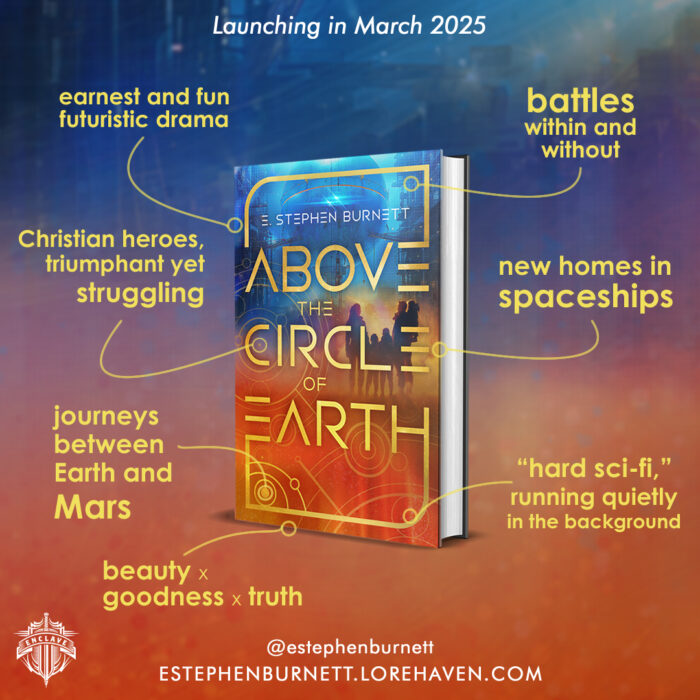




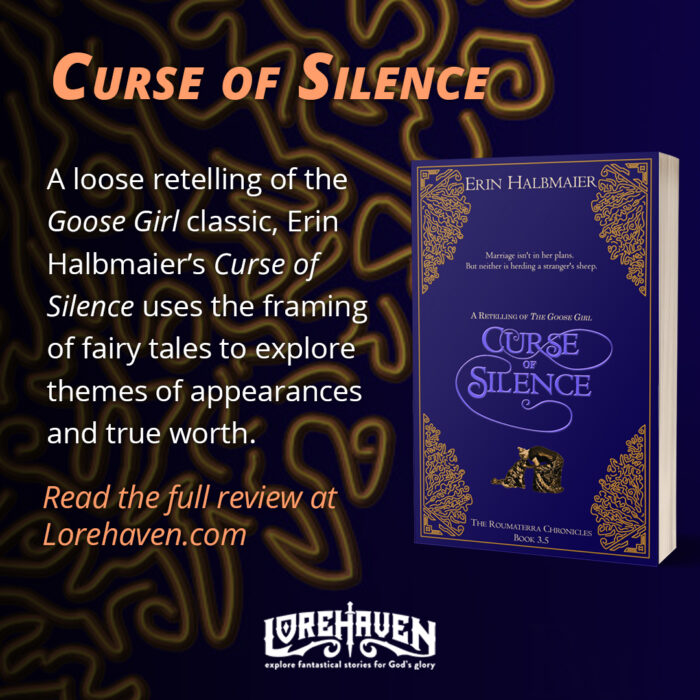
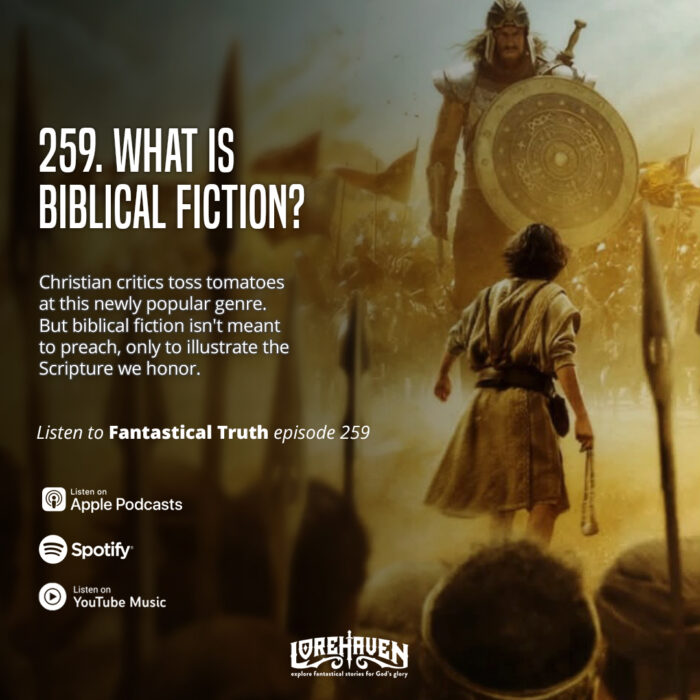
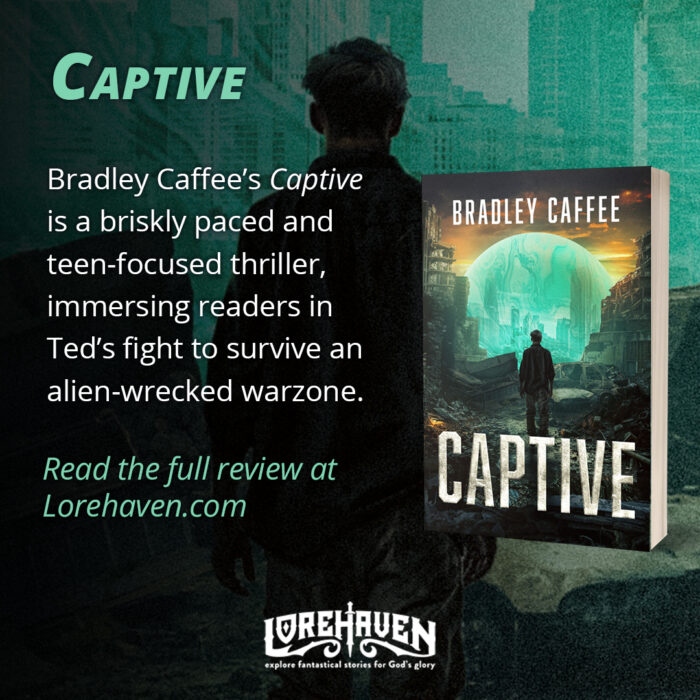
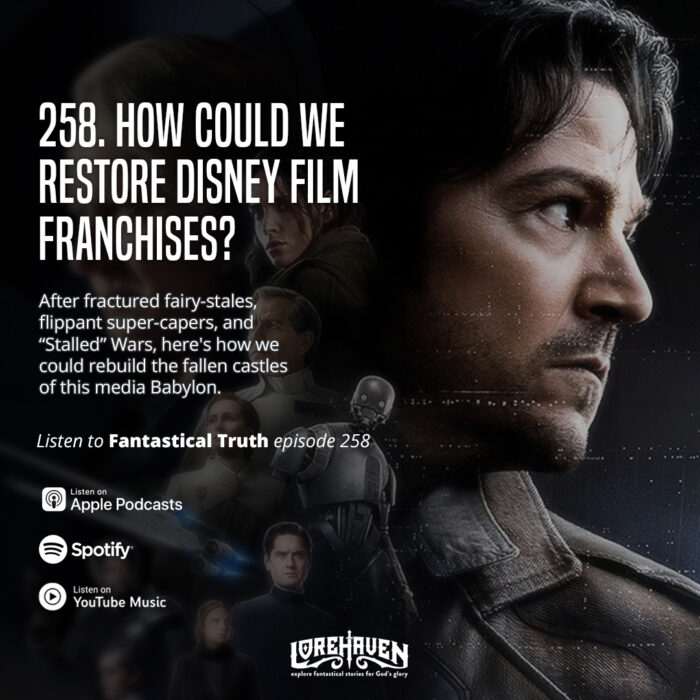



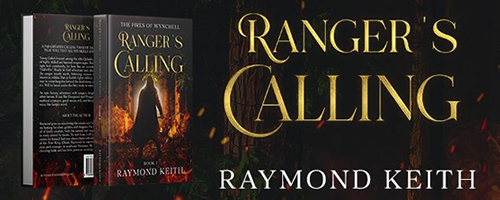
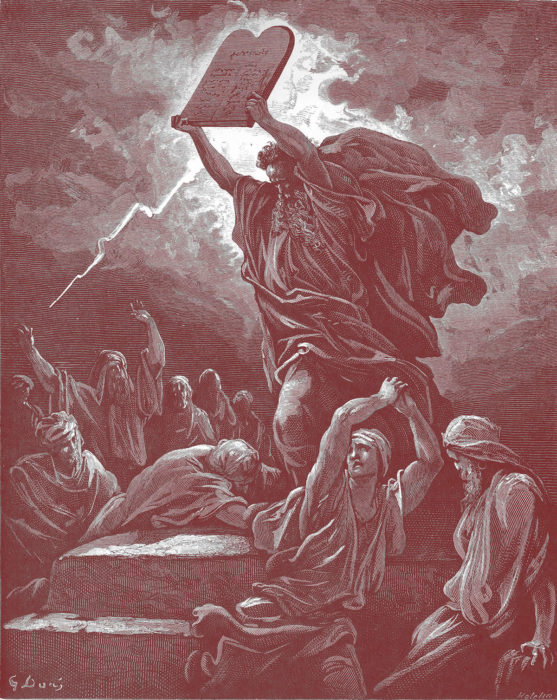
Have you seen this?
http://maggie-stiefvater.tumblr.com/post/166952028861/ive-decided-to-tell-you-guys-a-story-about
Thanks for sharing that link, so I didn’t have to. 🙂
Seriously, though it says a lot that a bestselling author like Maggie had this happen with the highly anticipated last book in her most popular and critically acclaimed series to date, thanks to “fans” who couldn’t be bothered to pay for the books they were reading.
It appears to me that publishers are taking a head-in-the-sand approach to piracy because they can’t figure out any way to stop it, so they argue that it’s not really that big a factor and punish the author for the diminishing sales returns instead. Maggie’s post demonstrates that “series fatigue” isn’t actually what’s happening no matter how much publishers would like to believe otherwise, but I fear that her message will largely be falling on deaf ears until publishers actually come up with a workable game plan for stopping piracy.
Thanks for the article, Stephen. Glad you found my FB post thought-provoking.
You’re welcome 🙂 At one point, she shared that post again to explain why eARCs weren’t being distributed before the release of one of her most recent books, since the eARCs were what was being pirated.
You have to define property before you can claim theft. Some people think wages are theft, which is ludicrous. Likewise, intellectual property is not a legitimate form of property.
Here’s a free e-book on the subject. Obviously, the author doesn’t care if you download it.
https://mises.org/library/against-intellectual-property-0
You have to define property before you can claim theft. Some people think wages are theft, which is ludicrous. Likewise, intellectual property is not a legitimate form of property.
Here’s a free e-book on the subject. Obviously, the author doesn’t care if you download it.
https://mises.org/library/against-intellectual-property-0
^ I wrote this comment.
Well, I’m not a lawyer, but from the media law class I took ages ago… There are factors that matter in copyright, such as whether or not the thing in question is in a fixed, tangible format. An ebook, or roleplay post, etc. still counts as a fixed, tangible format, from what I understand. And supposedly, with art, there’s the idea that someone CAN’T copyright, say, a pose or an idea, but they can copyright the particular piece they made. And if they obviously went and copied something from someone’s piece too closely, they are in danger of copyright infringement, or at least getting called out for copying.
If someone wants to give their work away for free to the community, more power to them. That can be helpful. I use free programs, such as Krita, which is kind of like Photoshop (krita.org is the website). But, expecting everyone to claim no ownership over their work, especially if it’s ‘just intellectual property’ isn’t right. Just because someone wants things to be free and is fine with giving their work away for free doesn’t mean everyone else has to.
[…] to some late-night book editing, I’m pulling from this earlier article at my own site. Next week, I’ll conclude the Realm Makers 2019: One Hundred Graces series. […]